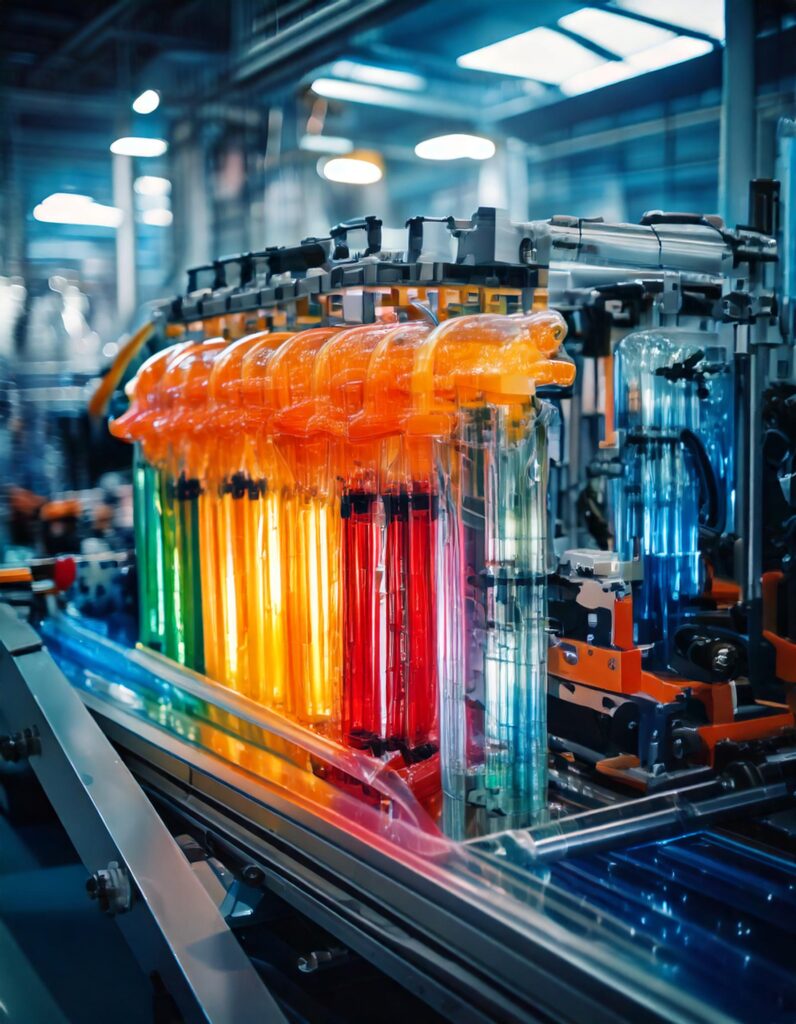Custom Solutions for Changing Customer Needs
In an era defined by rapidly evolving customer expectations and market dynamics, the chemical industry is embracing personalization as a strategy to meet niche demands and differentiate from competitors. Unlike traditional approaches that rely on broad-spectrum solutions, personalization enables chemical companies to offer tailored products and services that directly address specific customer challenges. This shift not only enhances customer satisfaction, but also drives growth by opening up new markets and opportunities.
Why Personalization Matters in the Chemical Industry
Personalization has long been a hallmark of consumer-facing industries, but its relevance to the chemical sector is now undeniable. B2B customers in industries like automotive, construction, and agriculture increasingly seek chemical solutions that cater to their unique requirements. For instance, an automotive manufacturer may need specialized coatings with exacting durability standards, while a cosmetics company might look for environmentally friendly ingredients tailored to specific formulations.
Similarly, a significant subset of the chemical industry lies within the polymer and plastics sector. These companies purchase or create chemicals, react them to manufacture polymers, and often pass these on to companies who mold or extrude them into finished parts. Personalization can play a critical role at each of these stages, whether tailoring raw chemicals, improving polymer performance, or offering specialized support for extrusion and molding processes. Chemical companies that are forward-integrated into polymer production may have an advantage in addressing personalized demands holistically, as they control more of the value chain.
By adopting personalization, chemical companies can establish closer relationships with their customers, anticipate needs more effectively, and deliver solutions that align perfectly with market demands. This capability fosters loyalty, strengthens brand reputation, and positions companies as valuable partners rather than mere suppliers.
Key Drivers of Personalization in Chemicals
Several factors are propelling the move toward personalization in the chemical industry:
Digital tools, such as predictive analytics and customer relationship management (CRM) software, allow companies to gather and analyze data on customer preferences and requirements. This data-driven approach facilitates more precise tailoring of products and services.
Today’s customers expect more than off-the-shelf solutions. They value collaboration, transparency, and the ability to influence the final product’s design and specifications.
Each industry served by the chemical sector has its own unique challenges. Personalization enables chemical companies to create highly specialized products, such as adhesives for extreme temperatures or biodegradable polymers for packaging, to meet these demands.
Many customers prioritize sustainability in their purchasing decisions. Personalization allows companies to develop eco-friendly solutions that align with specific customer sustainability goals.
Strategies for Achieving Personalization
To successfully implement personalization, chemical companies must adopt strategies that prioritize customer-centricity and operational flexibility. Key approaches include
Engaging customers in the product development process ensures that their needs are addressed from the outset. This may involve co-developing prototypes, customizing formulations, or adjusting performance attributes based on customer feedback.
Personalization often requires significant investment in research and development (R&D). High-throughput experimentation and simulation tools can accelerate the creation of customized solutions
Data collected from customer interactions, market trends, and performance metrics can reveal patterns and insights that guide personalized product design and delivery.
Adopting modular and agile manufacturing systems allows companies to produce smaller, customized batches efficiently. This capability is essential for delivering personalized products at scale.
Benefits of Personalization
By addressing unique customer needs, companies can build trust and loyalty.
Personalization sets companies apart in a crowded marketplace, highlighting their ability to deliver tailored solutions.
Customized products often command premium pricing, contributing to higher profit margins.
The need for personalization drives innovation, leading to breakthroughs that benefit the broader market.
Case Study: Personalization Through Advanced Analytics
By leveraging advanced predictive analytics and AI-powered insights, the company transformed its approach to customer engagement. They implemented omnichannel strategies to gather and analyze customer data, enabling them to anticipate customer needs and tailor chemical solutions accordingly. Additionally, the use of analytics helped optimize their demand forecasting processes, reducing inefficiencies and improving responsiveness to market fluctuations.
This data-driven personalization strategy yielded remarkable results. The company achieved:
- Enhanced Customer Retention: Improved alignment with customer expectations fostered loyalty and long-term partnerships.
- Optimized Demand Planning: Greater accuracy in forecasting reduced costs and improved operational efficiency.
- Stronger Market Position: Personalized solutions allowed the company to capture niche markets and differentiate from competitors.
This case study underscores how personalization, powered by data and technology, can transform customer relationships and drive significant growth in the chemical industry.
The Future of Personalization in Chemicals

As digital technologies continue to advance, personalization will become even more integral to the chemical industry. Artificial intelligence (AI) and machine learning will enable companies to analyze customer data in real time, predict needs more accurately, and deliver highly customized solutions faster than ever before. Furthermore, as sustainability becomes a universal priority, personalized eco-friendly products will drive growth and transform the industry.
By embracing personalization, chemical companies can not only meet the changing needs of their customers, but also position themselves as innovators and leaders in an increasingly competitive global market.
Written in collaboration with Jade™.





